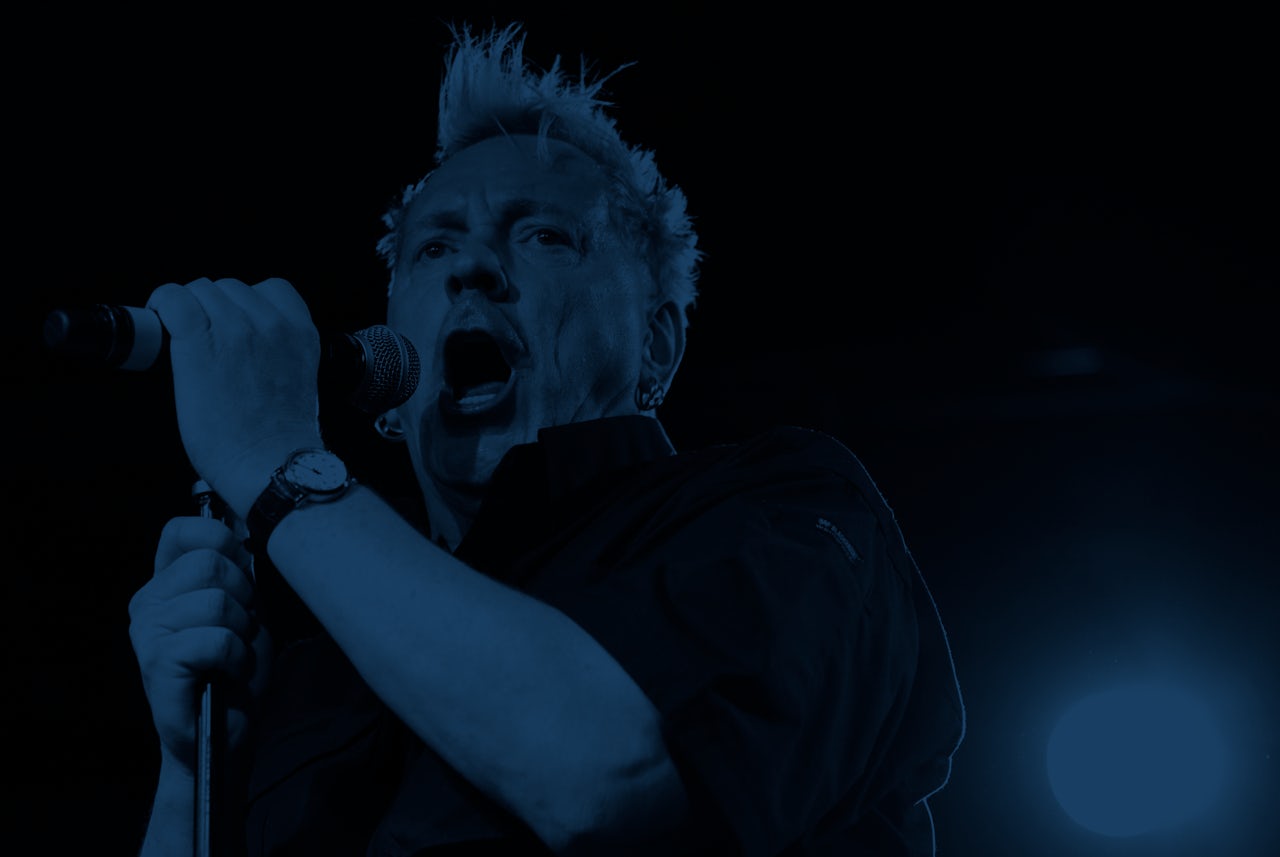Flash back to Birmingham, England, 1976, and an often whitewashed chapter in the celebrated career of Eric Clapton. The guitarist was onstage, drunk, and had this to say about the nationalist, anti-immigration British politician Enoch Powell, a highly controversial figure of the time:
“I used to be into dope, now I’m into racism,” Clapton ranted. “It's much heavier, man. Fucking wogs, man. Fucking Saudis taking over London. Bastard wogs. Britain is becoming overcrowded and Enoch will stop it and send them all back. The black wogs and coons and Arabs and fucking Jamaicans don’t belong here, we don't want them here. This is England, this is a white country, we don’t want any black wogs and coons living here… Enoch for Prime Minister! Throw the wogs out! Keep Britain white!"
“I used to be into dope, now I’m into racism.”
This is a real thing that really happened, and Clapton never publicly disavowed Powell or his policies. In the aftermath of those comments, and David Bowie’s odd flirtation with Nazism, the still-burgeoning art form of punk rock developed its social conscience. The Sex Pistols were among those who spoke out against the xenophobia espoused by the likes of Powell and Clapton, in a way that would predict the widespread opposition to Trump by contemporary American artists. This makes Johnny Rotten’s comments about Donald Trump and Brexit this week especially disappointing, and a timely reminder that celebrity activism is complicated.
In an interview on British television on Monday, the Pistols’ lead singer, whose real name is John Lydon and who became a U.S. citizen in 2013, called a meeting with Brexit leader Nigel Farage “fantastic.”
“The working class have spoke and I’m one of them and I’m with them,” Rotten said, adding of Trump: “There’s many, many problems with him as a human being but he’s not [racist] and there just might be a chance something good will come out of this situation because he terrifies politicians … This is joy to behold .... Dare I say [Trump could be] a possible friend.”
Rotten went on to say that the “left-wing media in America are trying to smear [Trump] as a racist, and that’s not true.”
Back in ‘76, after Clapton’s rant, British punk positioned itself against Powell’s National Front. Two members of the scene, the photographer and activist Red Saunders and a friend of his named Roger Huddle, wrote a letter to Clapton that ran in several publications. The letter announced the formation of Rock Against Racism, a movement designed to oppose the National Front and the attitudes it represented.
“Come on Eric,” the letter read. “Own up. Half your music is black. You're rock music's biggest colonist ... We want to organise a rank and file movement against the racist poison music... we urge support for Rock [A]gainst Racism. P.S. Who shot the Sheriff, Eric? It sure as hell wasn't you!”
As the Guardian recounted in a 2008 history of the movement, Rock Against Racism staged its first concert in November of that year, in London. By 1981, RAR had held more than 500 shows all over Britain, booking reggae groups like Misty in Roots alongside high-profile punk bands such as The Clash, Generation X, and the Slits. The group also published a zine and staged rallies in London. Despite a few attempts to relaunch it, RAR is now mostly defunct.
The Sex Pistols, who had broken up by 1978, did not play at the RAR concerts (and bassist Sid Vicious drew criticism early in the group’s run for wearing a swastika as a fashion statement), but Rotten said that he supported the movement. “I despise them,” the singer said then of Powell and his National Front. “No one should have the right to tell anyone they can't live here because of the color of their skin or their religion … How could anyone vote for something so ridiculously inhumane?”
That is quite a contrast to Lydon’s comments this week, but the current flap does not quite come out of nowhere. A hint that Lydon’s attitudes might have devolved, or were perhaps never as enlightened as they seemed, came in 2008, when Bloc Party singer Kele Okereke accused him and his entourage of an “unprovoked racist attack.” Lydon strongly denied the charge.
There is no ambiguity about his comments this week. Lydon’s pro-Trump and Brexit sentiments, combined with the alleged 2008 incident, lead one to wonder if he was ever sincere in his commitment to anti-racism. Perhaps he was always more interested in positioning himself as a contrarian. In late-’70s London, it was provocative to oppose a rock star like Clapton, but in 2017 it might be easier to generate controversy denying Trump’s racism and ripping the “left-wing” media.
Whatever his motivations then and now, Lydon’s turnaround serves as a reminder of the limitations of idealizing celebrity activism — a well-timed reminder, given all the words spilled lately about Trump by artists across all genres. He is not the first pop culture figure to appear on the right side of an issue, only to later uphold or support the systems that oppress people. And while RAR was an important movement, punk itself was overwhelmingly white, and not necessarily a safe space for the marginalized people for whom it advocated.
These are complex issues, but one thing became clear this week: John Lydon is now the very sort of dinosaur that Johnny Rotten once raged against.
